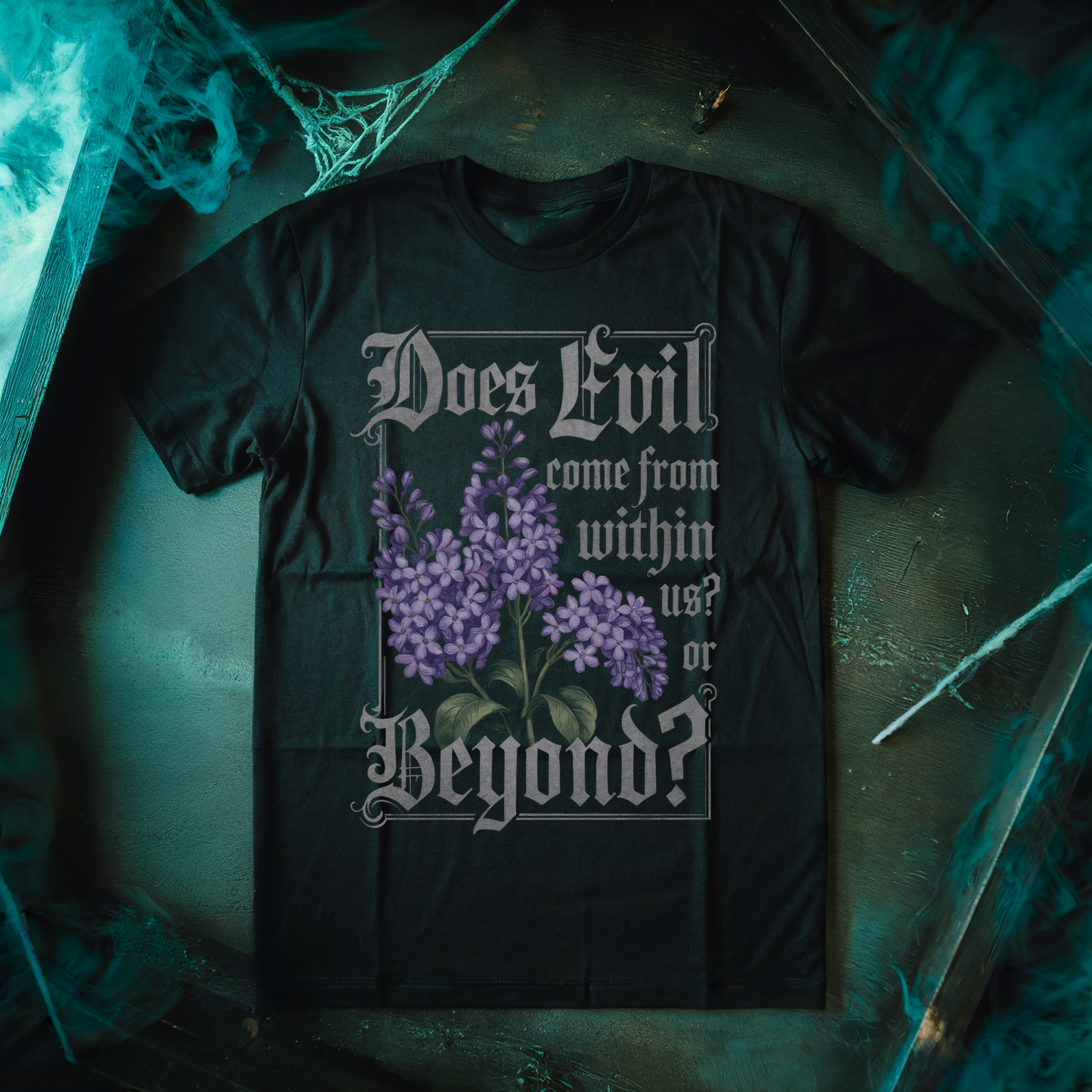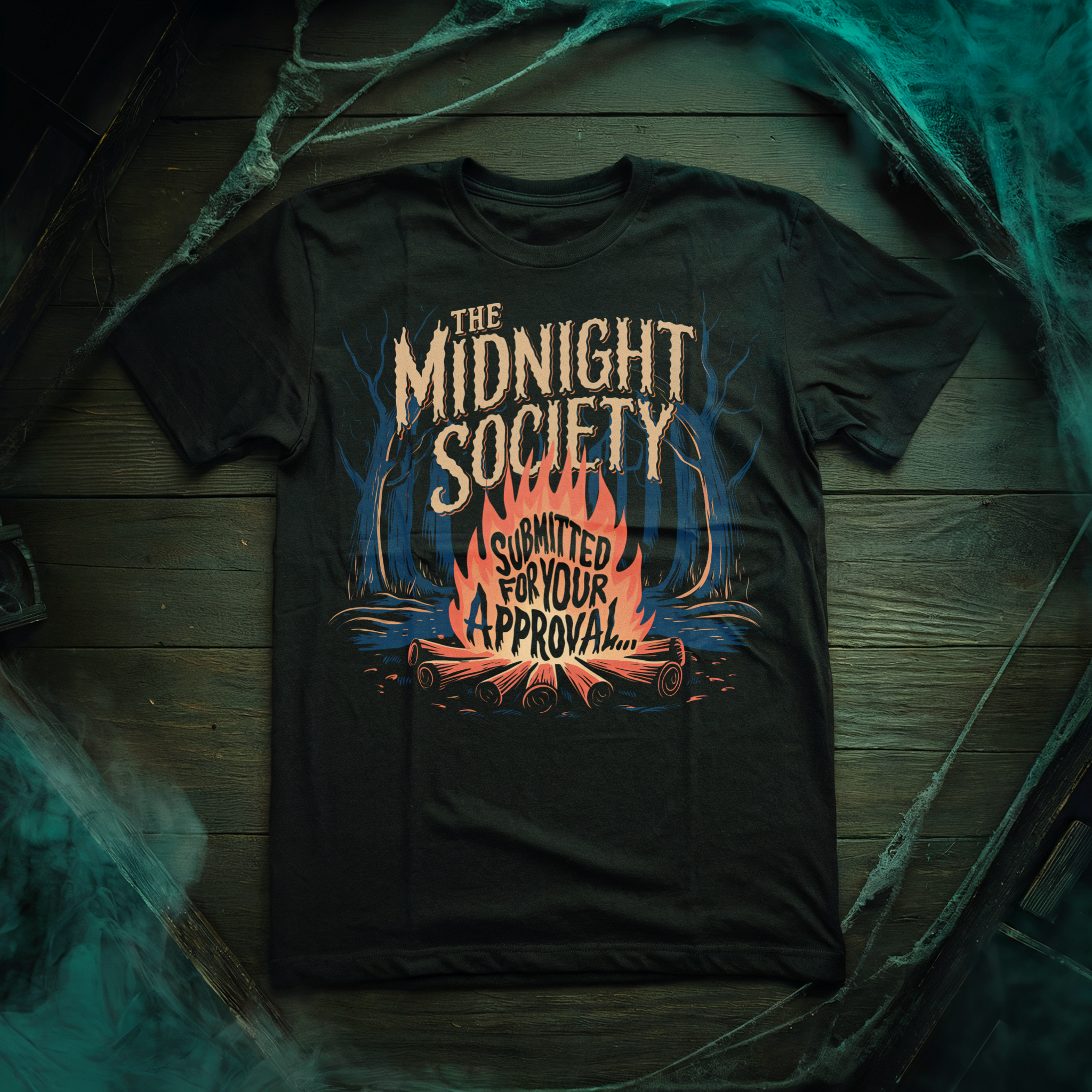More than any other genre, horror can serve as a workshop for filmmakers. Its tropes and beats are very familiar, so reworking them into something different can resonate with even the most casual horror fan. Blood Quantum, a zombie flick set on the backdrop of a Native American reservation, is a great example. The movie showed at a packed house at this year’s Brooklyn Horror Film Festival, and it definitely featured many of those tropes with which horror fans, especially of the zombie subgenre, are so familiar. But how did Blood Quantum‘s spin on the zombie apocalypse movie turn out?
Blood Quantum tells the story of the First Nation people living in the Red Crow Reservation in Canada. A strange, supernatural plague has descended upon the town, waking its dead livestock, wildlife, and people. It’s up to the Sheriff and his family and friends to protect their neighborhood, which gets especially complicated when we find out the twist to this zombie plague: Indigenous people are immune. Still facing the threat of being eaten, not to mention the crumbling of their society, the sheriff and company must navigate a new and difficult world of treachery, desolation, and death.
“[Blood Quantum comes] from new, independent voices, with unique perspectives on how we as a culture appreciate horror.”
First things first: It was great to watch a movie that casts Indigenous people as its main protagonists. Horror stories, unfortunately, have leaned heavily on the trope of Indigenous people being cast as only in a shamanistic role, explaining the magic of what’s going on in the story to its (usually white) hero, but not acting on their own. To see fleshed out, flawed, and full characters that were also Indigenous was a refreshing change. Hopefully something we’ll see a lot more of in the genre. Plus, adding the element of living on a reservation was a great way to twist the “zombie politics” that are inherent to those films. No matter what else the movie turned into, it’s clear that it’s coming from new, independent voices, with unique perspectives on how we as a culture appreciate horror. This alone makes the film worth checking out.
That said, this movie is muddled in some ways, beginning with the script. In the first couple scenes, the dialogue is awkward and clipped, overly expositional and sometimes not landing even when the actors perform it well. That gets significantly better as the movie progresses, but that can’t make up for another problem at that point in the script. Without getting into spoilers, there is a huge jump in narrative, as though the movie isn’t one thing, but an original and a sequel played side-by-side. Again, that does end up making the movie better, but not before throwing the audience out of the story for a while. When the story eventually hits its stride, it becomes a gory, fun, and tense tale of survival that will probably please any fan of the genre. So long as they stick with it.
“When the story eventually hits its stride, it becomes a gory, fun, and tense tale of survival that will probably please any fan of the genre. So long as they stick with it.”
Slightly better than the script is the imagery of Blood Quantum. Fans of the genre will get a kick out of the inventive gore used in this movie, which had the audience laughing and gagging at several points. Still, the images on screen struggled to overcome one particular problem: the movie’s overall darkness. Blood Quantum debuted in a pitch-black theater, but even there, it was difficult to tell what was going on in some of the scenes. Red text that appears in the beginning was hard to read, and whole action sequences later in the film got lost in shadows. However, there were still enough memorable shots to make the movie visually interesting, not the least of which were the curiously animated chapter openings interspersed throughout. These little segments were more representative of the story than literally tied to the narrative, like a good movie poster, and they did a great job of anchoring the audience to what they were watching.
For the couple things that this movie didn’t pull off perfectly, there was one element that stood strong the whole time. That was the family dynamic of the main characters. Actors Michael Greyeyes, Elle-Máijá Tailfeathers, Forrest Goodluck, and Olivia Scriven make up a complicated but ultimately strong family unit, adding a humanity to the film that will eventually allow audiences to root and fear for the characters under siege by this apocalypse. On the flip-side of their unity is Kiowa Gordon, whose character rejects them though he is related, and creates tension and heartbreak by challenging their love for each other. With engaging backstories and some solid performances, the family at the heart of this movie helps make up for its missteps, and by the end of the tale, will have you feeling the same hope and horror that they do.
“[…] it’s clear that [director Jeff Barnaby] and the others involved in this film are genuine fans and passionate horror filmmakers[…]”
If you go into Blood Quantum expecting something revolutionary in the zombie sphere, you probably won’t find it. The movie’s rocky compilation keeps it from rising above the average entry into the genre. However, if you are one of the folks that believes what we mentioned earlier, that horror is a genre that allows for the workshopping of movies, then you may find something of worth here. Though they don’t come together quite right, there are some interesting ideas in the movie, plus some great visual work. Personally, I’m going to continue following the work of director Jeff Barnaby, because for its faults, Blood Quantum proves he’s worth more attention. Whatever anyone thinks of the movie, it’s clear that he and the others involved in this film are genuine fans and passionate horror filmmakers, so I know I’ll be seeing them in theaters again soon. Because just like the monsters in this movie, you can’t keep a good horror filmmaker down.
For more coverage of what’s showing at this year’s Brooklyn Horror Film Festival, keep an eye on our Facebook, Reddit, and Twitter. And for more reviews like this one, plus all the best horror news and interviews, keep lurking at Nightmare on Film Street.








